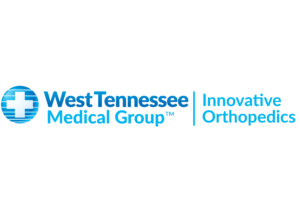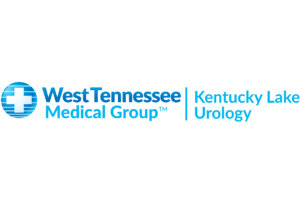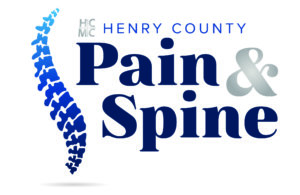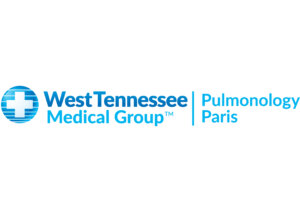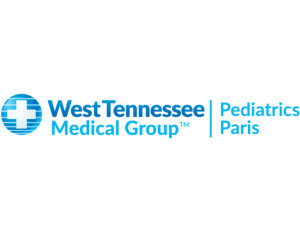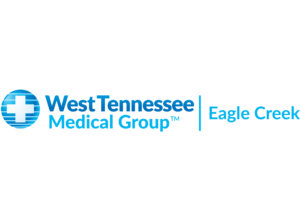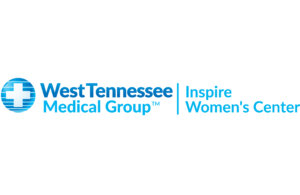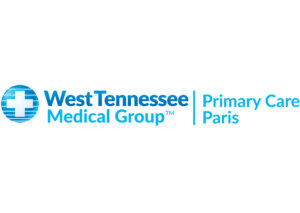
Opioid abuse and misuse has reached epidemic proportions in the United States. Opioids are a class of drug that includes common prescription medications such as hydrocodone, oxycodone, morphine and fentanyl as well as illegal substances such as heroin. Opioids are mostly prescribed for pain relief, but many are misused by taking a dosage in higher amounts than prescribed, taking someone else’s prescription or using opioids to get high. Approximately 25% of people who misuse opioids become physically dependent.
Opioid addiction is considered a chronic disease because it causes changes to the brain that can make a person more likely to use opioids again. Opioids are highly addictive and anyone who uses them is at risk for abuse, addiction, and overdose. People who abuse opioids usually show warning signs that family and friends should be able to recognize. These include neglecting responsibilities; risk- taking; bloodshot eyes; changes in appetite, sleep, and physical appearance; mood swings and personality changes.
Opioid misuse in Tennessee has grown at a steady pace. In 2016, there were 1,186 opioid-related overdose deaths in Tennessee, a rate of 18.1 deaths per 100,000 persons, which is higher than the national rate of 13.3 deaths per 100,000. At least three people die each day in Tennessee from an opioid-related overdose. Opioid misuse has become such an epidemic in Tennessee that lawmakers saw a need to put together a comprehensive plan to address opioid abuse called TN Together.
TN Together has three facets to address opioid addiction: prevention, treatment, and law enforcement. Prevention is aimed at increasing public awareness and legislations to limit the supply and dosage of opioid prescriptions. Treatment is geared towards ensuring all Tennesseans have better access to recovery services using evidence-based programs. Law enforcement increased funding to address the unlawful sale and trafficking of opioids.
There are steps that we can take as individuals to aid with the opioid crisis. One way is taking advantage of drug take-back programs. Proper disposal and storage of opioids is crucial to ensure they do not fall into the hands of an abuser. The Henry County Prevention Coalition and Henry County Sheriff’s office offer drug take back days in Henry County where you can safely dispose of your medications. They also offer drug lock boxes where you can lock your drugs away to be sure they are not taken by a child or abuser. The Paris and Henry County Healthcare Foundation also offer a product called Dispose Rx that can be used to deactivate medications in order to dispose of them properly in your home.
Naloxone (Narcan) is becoming more readily available to treat opioid overdoses. It has been used in hospitals for years, but now it is being made available to the general public. When too much of an opioid is taken, it can slow breathing to a dangerously low level. Naloxone can reverse the effects of the opioid by allowing the person to breathe normally again. If you or someone in your family is taking opioids, speak to your healthcare provider or pharmacist about whether Naloxone is right for you.
Recovery for someone suffering from opioid addiction is possible with the right interventions. Speak to your healthcare provider to get started with the right regimen. Counseling and medications to help reduce cravings and prevent withdrawal symptoms are highly effective. Emotional support from friends and family is important as well. Additionally there are many community resources to aid in recovery. On September 27, we will be hosting a lunch to learn at Henry County Medical Center that addresses the Opioid Crisis. Presenters will be Charles Dyer, PharmD, and Paula Bell, PharmD, both clinical pharmacists at Henry County Medical Center. To register for this event or for more information on opioids or Dispose Rx, contact us at the Henry County Medical Center FindLine at 731-644-3463.
